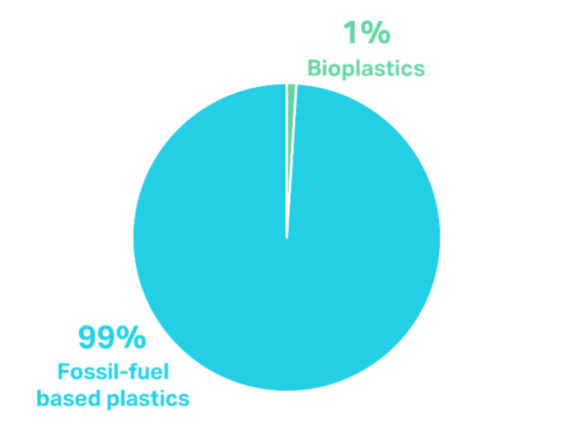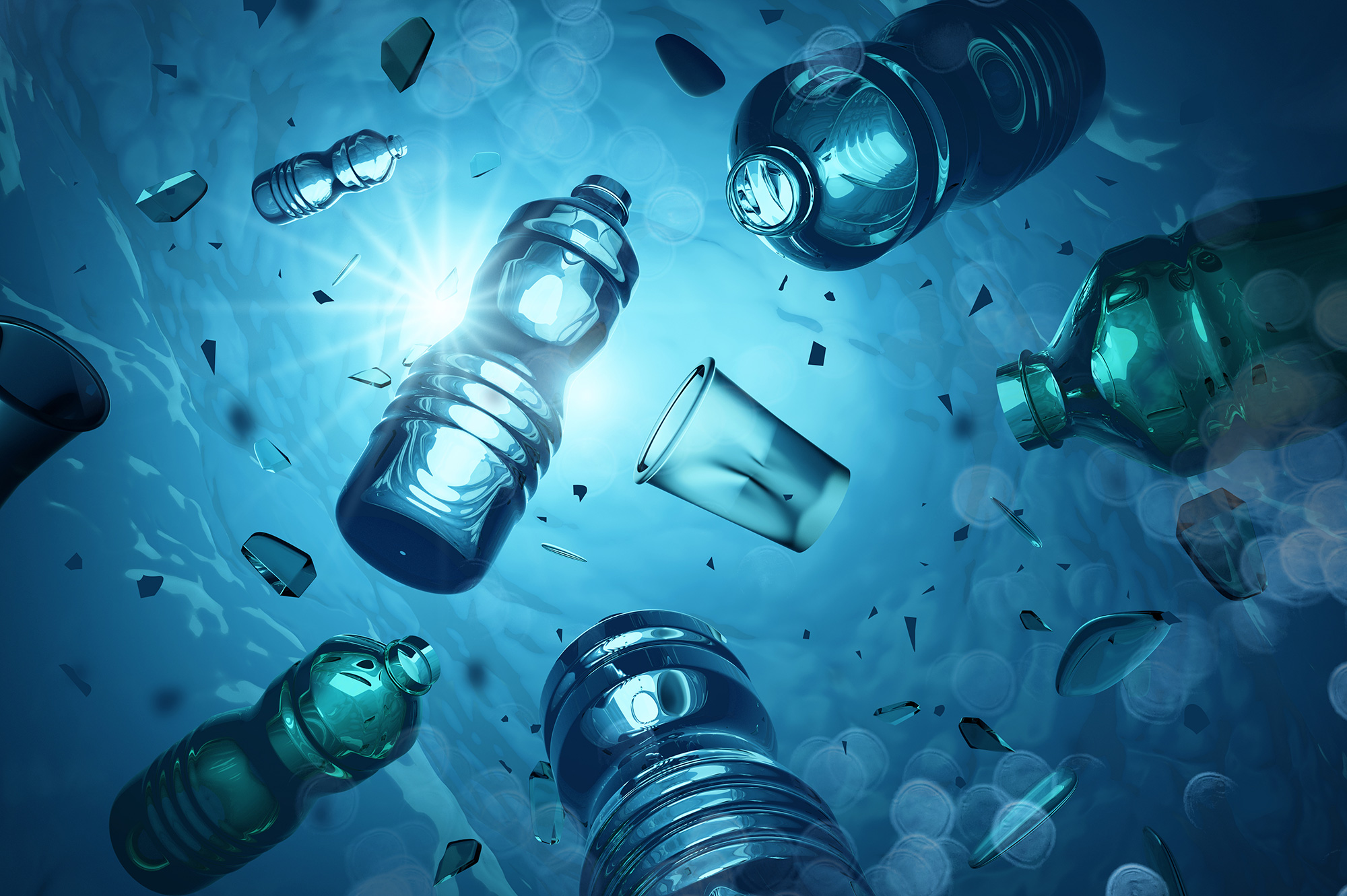Are bioplastics about to conquer the world?
Where we are coming from…
Plastic has been a key packaging solution for societies around the globe, as it is significantly cheaper, lighter, and easier to handle than comparable materials. What’s often times overlooked, is that it is also a key pollutant, which – according to the OECD – accounts for 3.4% of global greenhouse gas emissions. Not to be underestimated is also its negative impacting on the marine and terrestrial environment. Out of the 9.2 billion tonnes of plastic waste that are generated globally every year, the bulk of it ends up in landfill, incinerated, or leaking into the environment and less than 9% is successfully recycled.
Due to the similarities in ease of handling and weight, bioplastics are revolutionary materials that look to replace today’s plastics. Bioplastics are defined as alternative materials produced from renewable biomass sources in contrast to fossil-fuel based version widely known as plastics. The global plastics market is worth $600B+, with bioplastics representing only 1% of the total market so far, which – for now – remains dominated by fossil-fuel based polymers.

Percentage of global plastics market made up by fossil-fuel based plastics vs. bioplastics
What we are heading towards…
The current push towards alternatives for plastics is looking to solve one or more of the connected issues like pollution, threatened wildlife and the general negative environmental impact of fossil-fuel based plastics. One potential solution for these issues are biodegradable alternatives. Typically, these solutions are produced from renewable raw materials such as plants, which take 90-180 days to completely dissolve. Raw materials for alternative plastics with a high tendency to dissolve within a relevant timeframe include agricultural by-products, seaweed, algae, or even food waste.
The market growth of the sustainable plastics industry is driven by a strong push from various stakeholders including consumers, regulators, and corporates to reduce overall plastic use. Adding to that, continuous research and new tech-driven processes open up a wide variety of alternative plastics products. This development will be accelerated through an increase in investment support for bioplastics companies over the long-term and regulatory support for the upcoming change as seen with the EU restricting certain single-use plastics already in mid-2021.
The main challenges of the industry to increase the bioplastics market share from its current 1% mark include increasing investment into research and development and moving the products into the production phase. Ultimately, only with large-scale manufacturing can the products be offered at similar price points to existing solutions and thereby garner mass market adoption. Another important topic is regulation, which, pending coming changes, can either serve as facilitator or hinderer for bioplastics move to conquer the world.
An example of what we are heading towards…
One of those highly anticipated and future-oriented solutions that will solve the problem at source is provided by Australia-based ULUU, a company working on bioplastics made out of seaweed. If you want to dive deeper into the topic and learn more about alternative plastic solutions, watch ULUU co-founders Julia Reisser and Michael Kingsbury on stage with BPI’s CEO Christian Teichmann at DLD Munich 23 here.

DLD Munich Conference 2023, January 12-14, 2023. © Picture Alliance for DLD / Hubert Burda Media.
If you have an interesting business model in this space, reach out to us at investments@burda.com!

